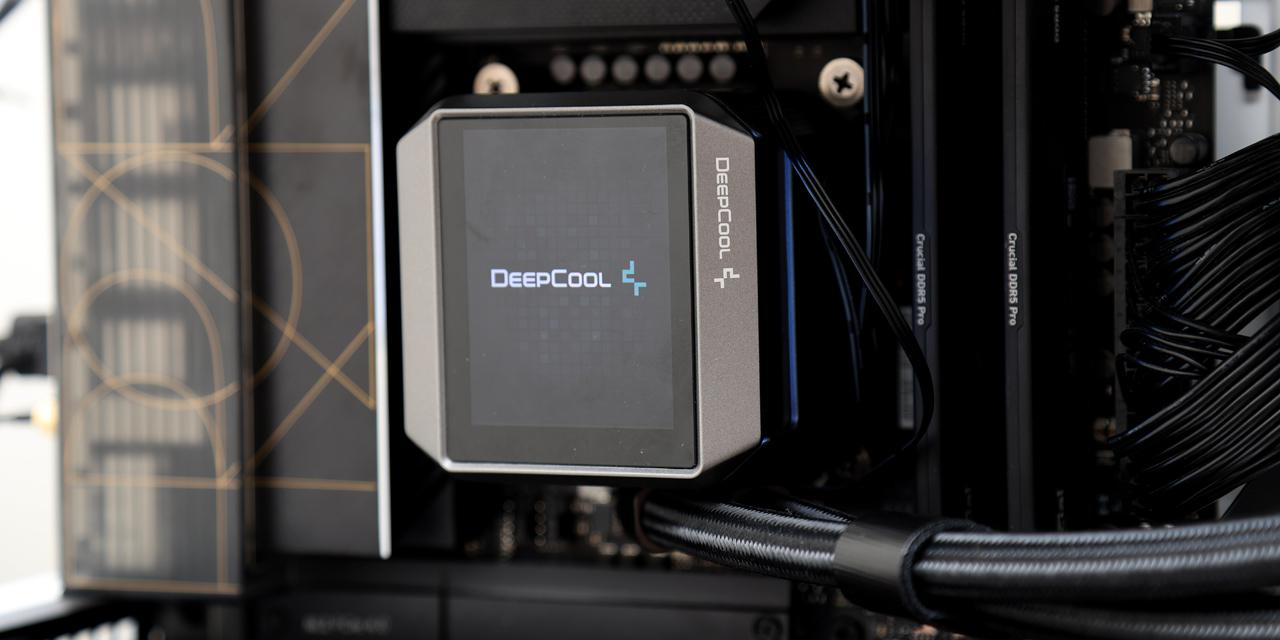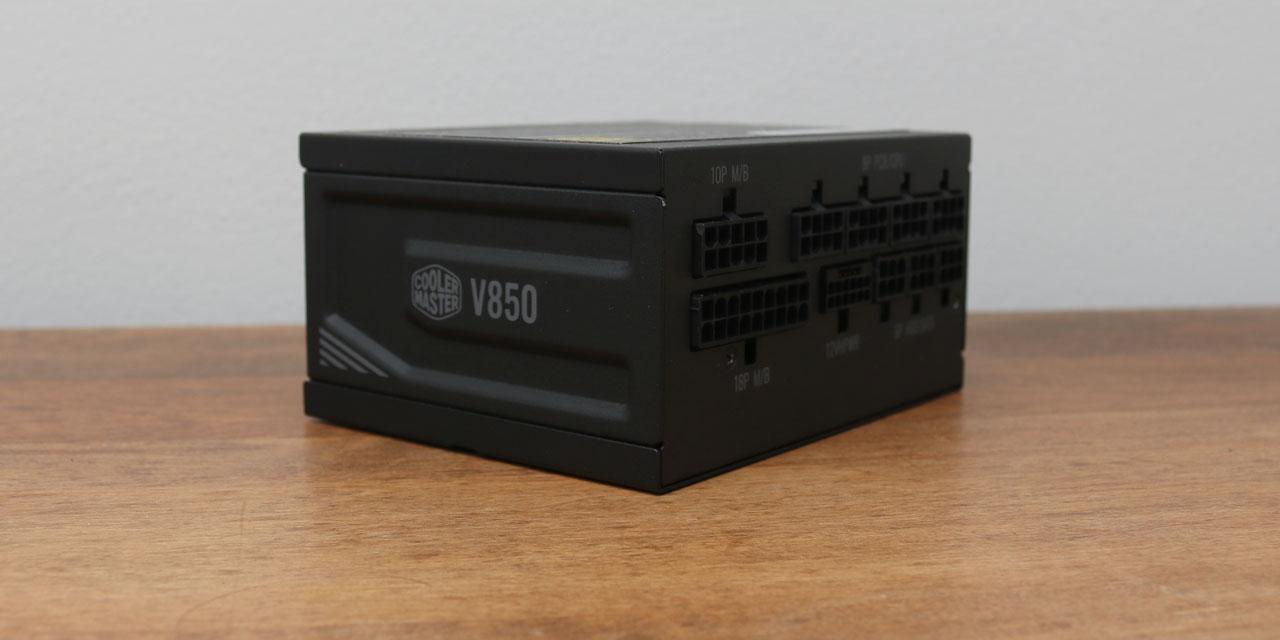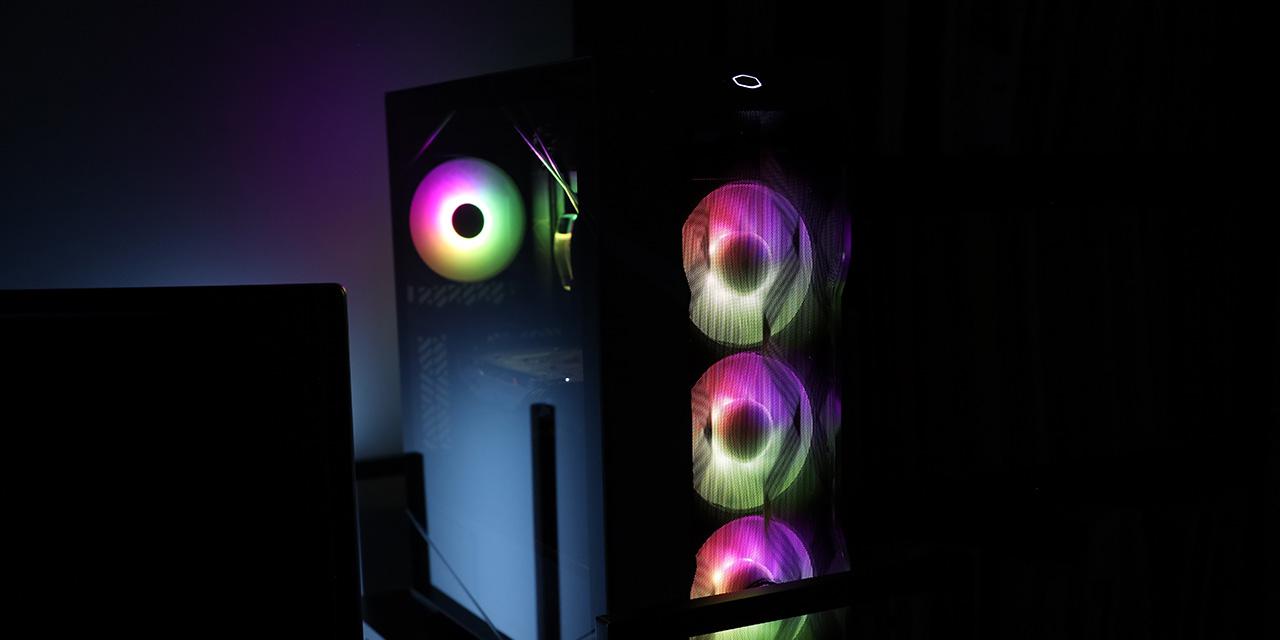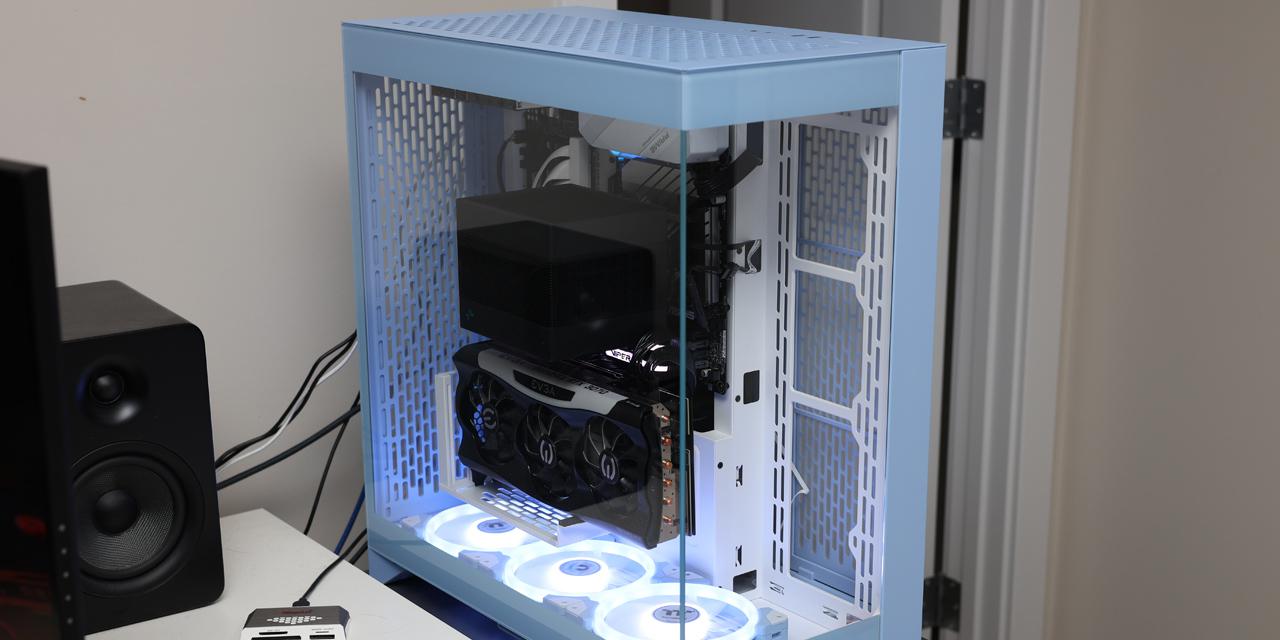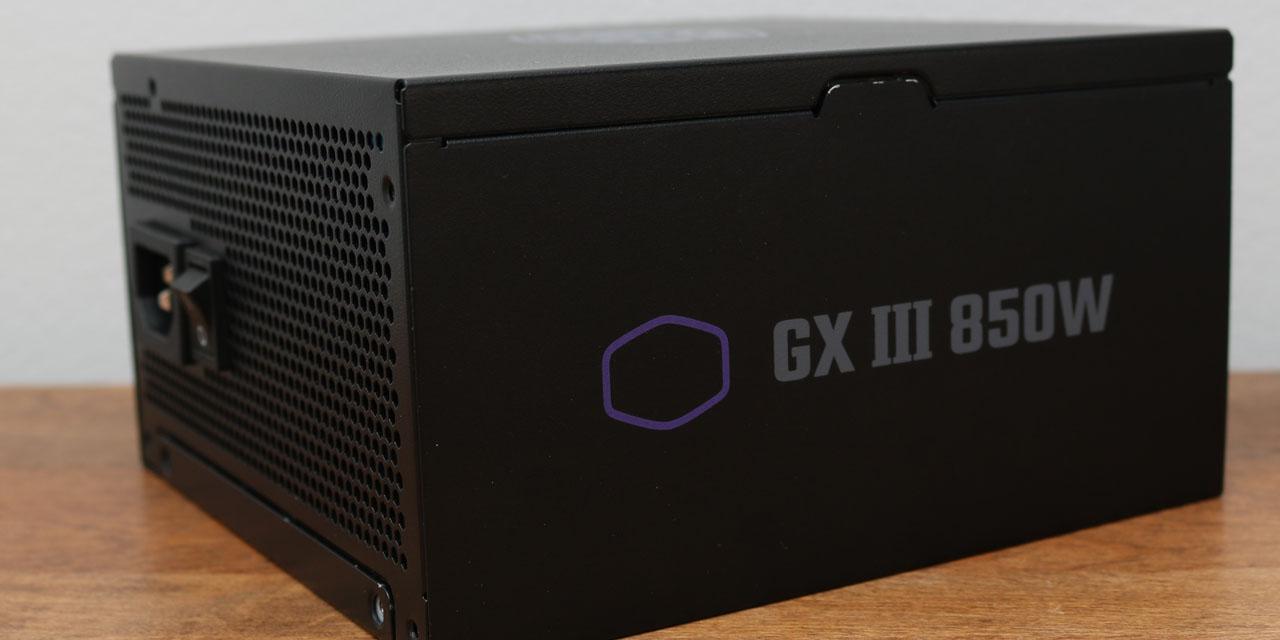|
From X-bit Labs: Last week the U.S. court issued a final statement of decision on the first phase of HP’s trial against Oracle and confirmed the existence of a contract between HP and Oracle that requires Oracle to continue to port its software products to HP’s platforms, including Integrity. On Tuesday Oracle reportedly said it would continue supporting Itanium systems with its software. During a pre-trial conference on August 29, the U.S. court judge confirmed that the second phase of the trial will proceed in the near future. The judge also expressly rejected Oracle’s various arguments in its August 16 objections to the court’s phase one decision and additionally confirmed that the court’s findings from the phase one trial will be binding on the parties in the phase two trial. The judge intends to schedule the second phase of trial on September 10. HP expects that the date will be set for later this year and has requested a date as early as mid-October. The second phase of the trial will address whether in fact Oracle breached the contract and if so, what damages and/or remedies HP would be entitled to receive as a result. "We remain committed to our 140 000 customers who run Oracle software and to our long-term mission-critical server roadmap, including Integrity, HP-UX, OpenVMS, and NonStop as well as our new investments in x86, Windows, and Linux. Similarly, Intel has repeatedly reinforced its ongoing commitment to the Itanium roadmap," said Martin Fink, senior vice president and general manager of HP's business critical systems. In early 2011 Oracle said it would not release new versions of its popular server software for platforms based on Itanium microprocessor. Oracle believes that HP mislead its customers by not disclosing peculiarities of Itanium's future and that Oracle's own decision to stop developing new software for Itanium was fully legitimate. HP believes that Oracle breached a contract and did so in a bid to improve competitive landscape on the business-critical server market in favour of its own Sun SPARC servers. View: Article @ Source Site |
 |
Oracle to Continue Developing Software for HP's Platforms Based on Intel Itanium
© Since 2005 APH Networks Inc. All trademarks mentioned are the property of their respective owners.
